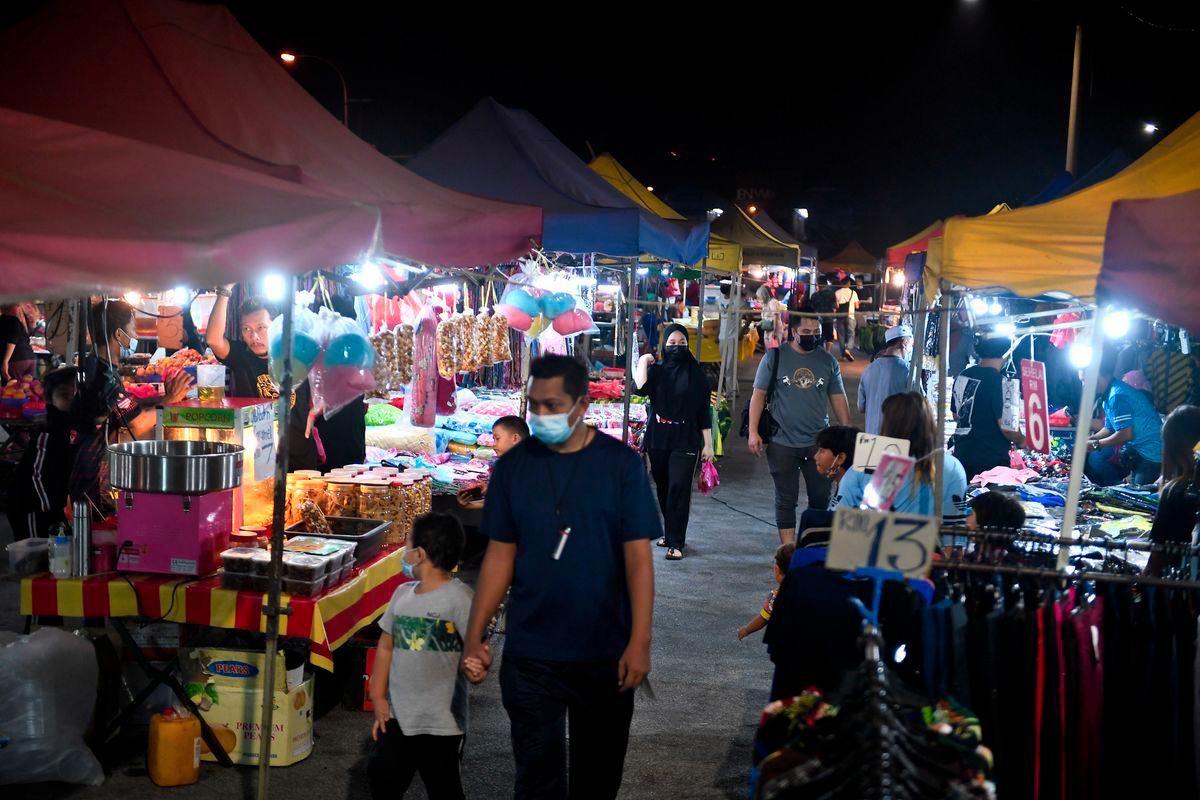WITH Malaysians being exposed to more global influences in food, there has been a wave of food trends adapting to local taste buds over the past few years.
Fuelled by the reach and speed of social media, these food hypes have rapidly gained popularity.
However, while they introduce variety and innovation, some fear this comes at a cultural cost — particularly to beloved local traditions such as the pasar malam (night market).
A TikTok video by a Nigerian woman who has lived in Malaysia for some time has voiced concern over the country’s pasar malam culture slowly fading away.
“Pasar malam doesn’t feel like pasar malam anymore. These things are outrageously priced.
“Chocolate and cheesecake are slowly replacing karipap, shawarma is slowly replacing roti,” she lamented in her video.
What was once a place to enjoy affordable local food and fashion has, according to the lifestyle content creator, turned into an overly “curated” space filled with pricey, non-local food and drinks.
“I used to love going to pasar malam just for the fun of it — the cool evening breeze mixed with the smoky scent of food vendors, fresh vegetables, affordable fashion, local snacks, and that unmistakable chaotic charm.
“Now it’s too clean, too curated. Everyone’s selling the same trendy desserts. It’s lost its essence,” she added in the comments section.
Netizens largely agreed with her sentiments, with many Malaysians echoing the concern that the traditional pasar malam experience is being slowly diluted.
“Pasar malam was so fun as a kid. Now everything is so expensive,” one user lamented.
“The pasar malam used to sell local dishes and drinks like soya milk, cincau, fresh tebu juice, ais bandung santan – but now it’s all Korean, Japanese, and Western food. Don’t even get me started on the attitude of some sellers. Prices? They just quote whatever they like. And the best (or worst) part?
“The food doesn’t even taste good,” another user commented.
“Even eating at restaurants is cheaper than buying food at a pasar malam,” another added.
However, some have attributed the drastic changes in pasar malam offerings to the location of the markets, noting that those in more rural areas have largely retained their authenticity.
As nostalgia meets modernity, the question remains: can Malaysia preserve the authentic spirit of its night markets while still embracing change?









